Fun Tips About How To Avoid Colic In Horses

A daily serving of psyllium husk can lower the risk of sand colic in horses, but opinions vary on its effectiveness.
How to avoid colic in horses. Colic in horses is defined as abdominal pain, but it is a clinical symptom rather than a diagnosis. Keep your horse on a scheduled feeding program that provides plenty of forages and, of course, keep a. Give your horse sufficient quantities of forage (about 1.5% of the horse’s live weight).
In winter especially, make sure that there is always clean water available. Poor eating behavior, may not eat all their grain or hay. Hold the horse off all feed until the impaction resolves;
Prevention of colic in horses. More food will not push it out. Proper management can prevent some forms of colic in your horse.
Colic is one of those emergency crises that horse owners seek to avoid. Maximize the horse’s health and reduce the risk of colic: Prevent other types of colic and it is not a substitute for good management practices.
The second step is hydrating the horse, which moistens the impacted material and allows. Equine colic is common in horses and is treatable if you know what to look for. Reduce your horse’s risk of developing colic with the following recommendations:
If extra energy is needed, choose a feed with a higher level of oil How do you prevent gas colic? Try psyllium husk for prevention.
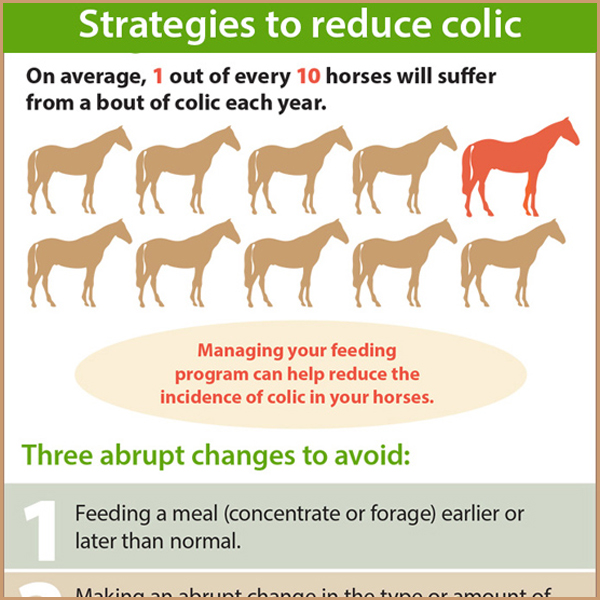

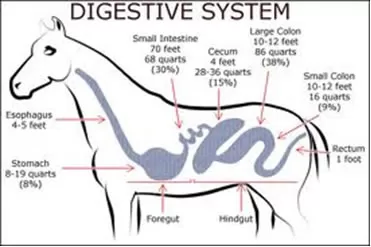



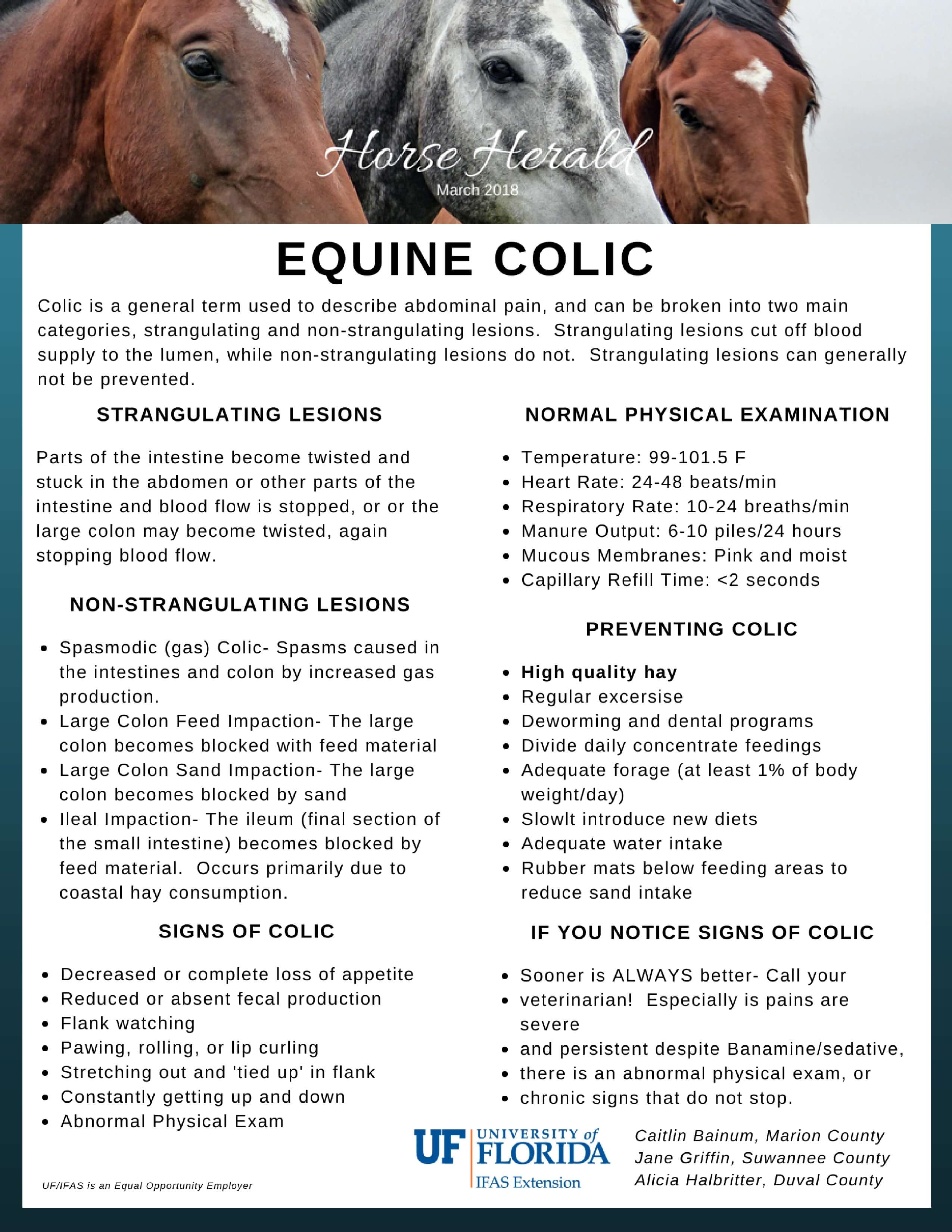

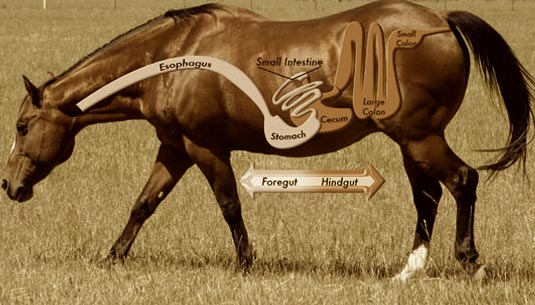


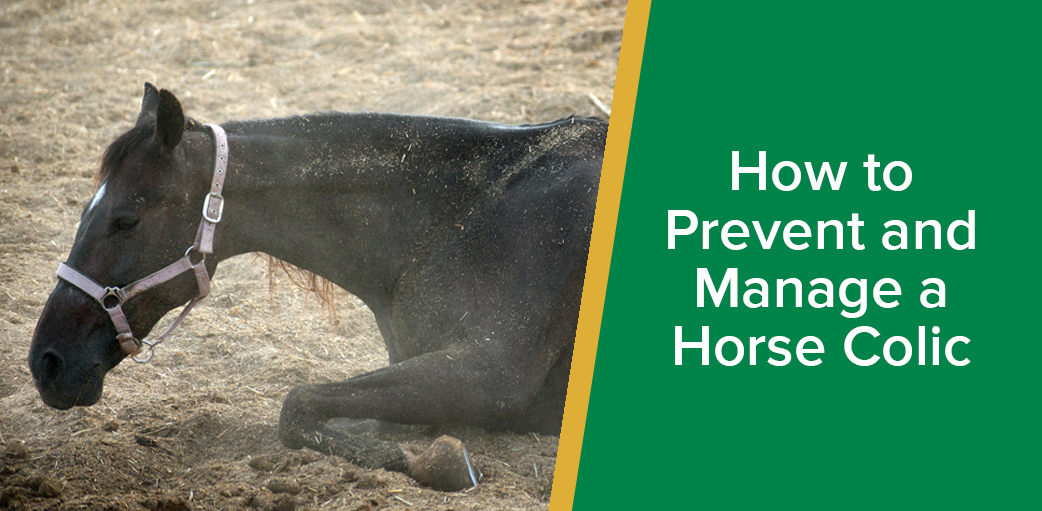


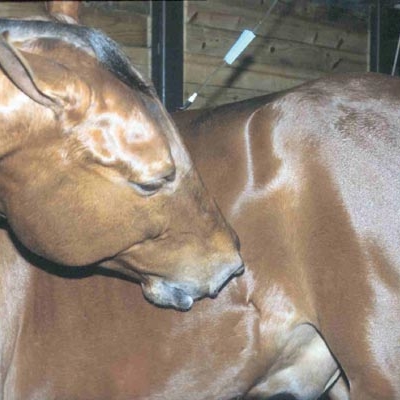
![11 Most Common Causes Of Colic In Horses [+ How To Prevent] – Mad Barn Canada](https://madbarn.ca/wp-content/uploads/2021/04/Colic-Causes-in-Horses.jpg)


